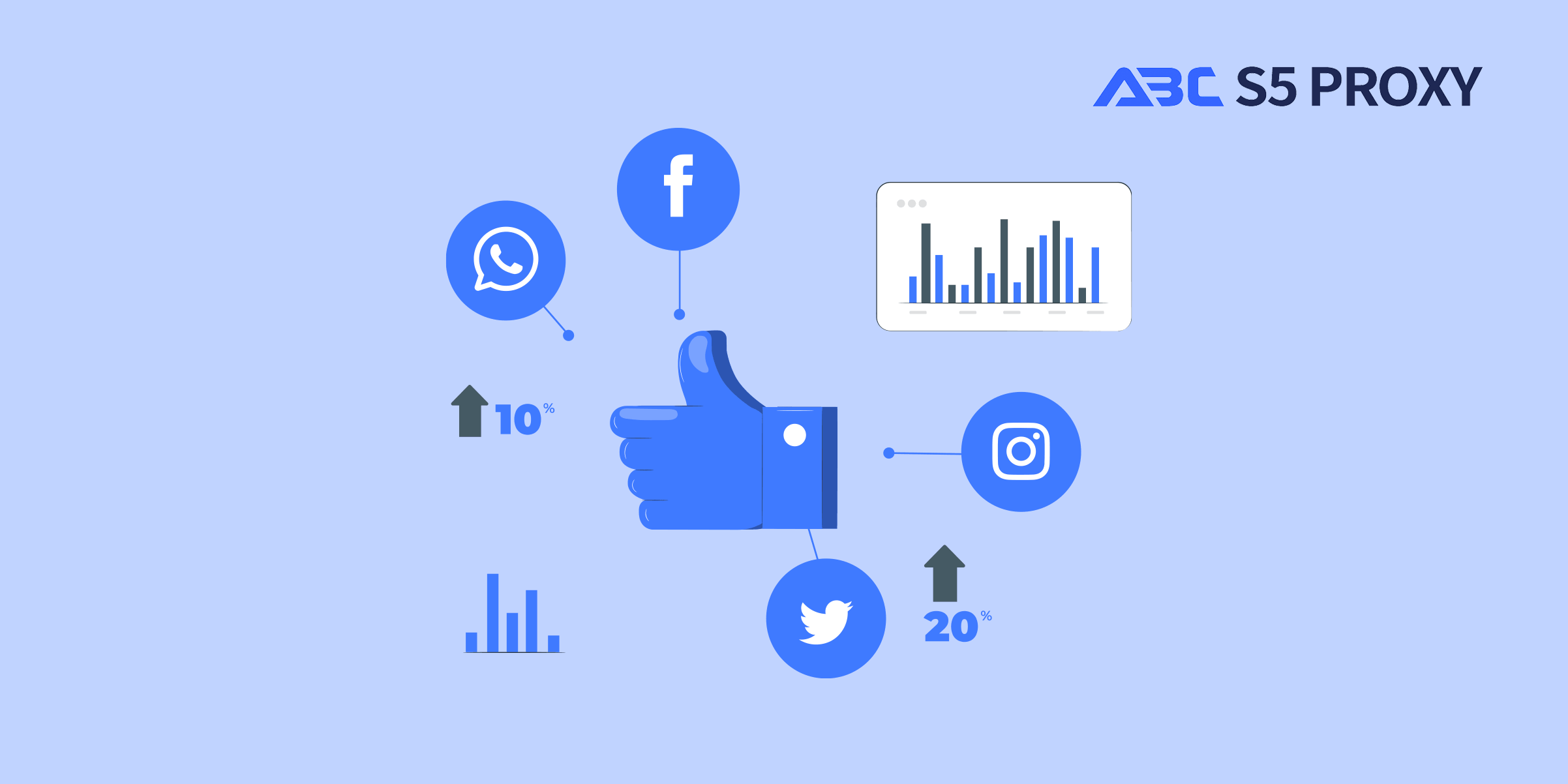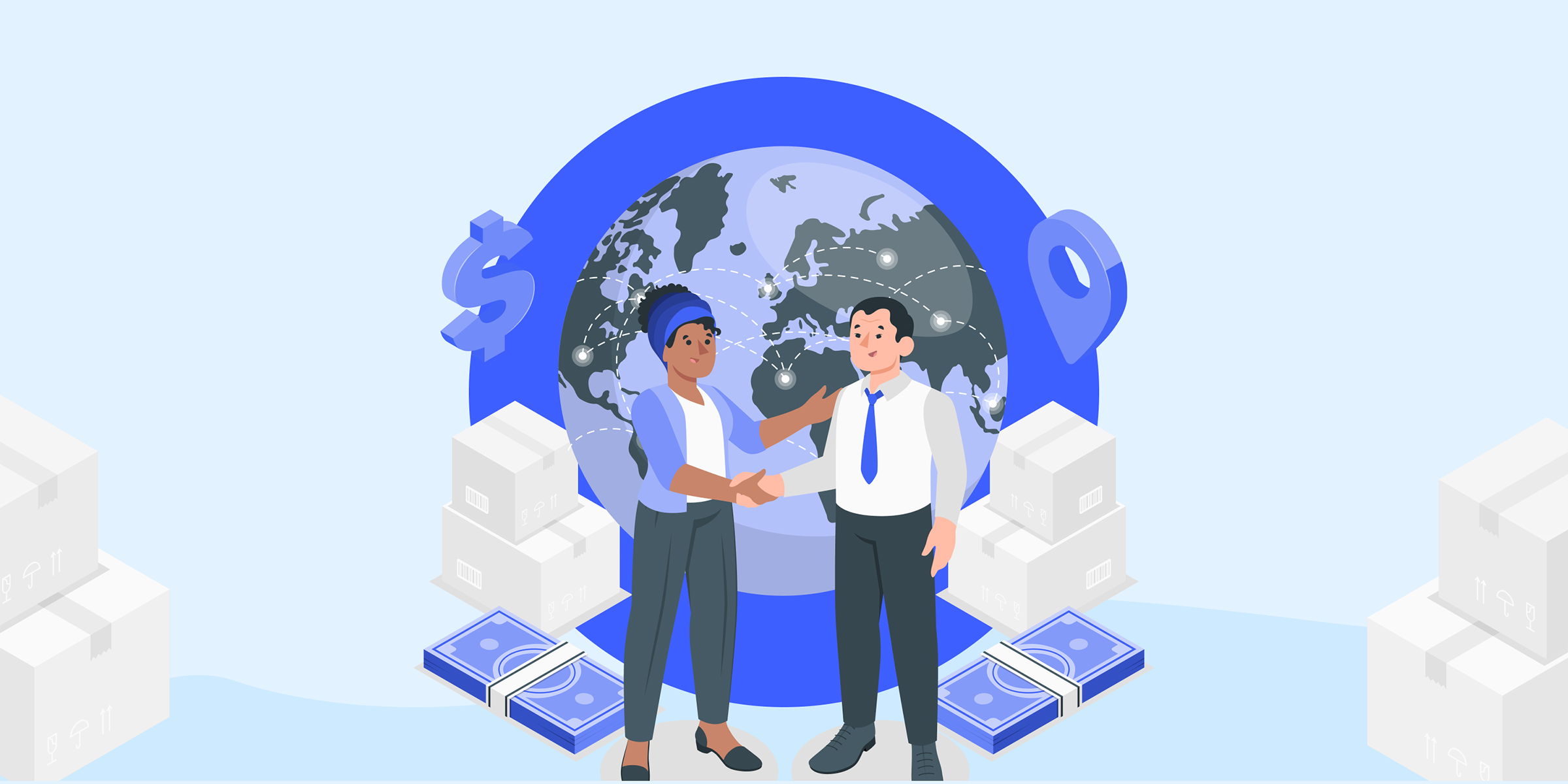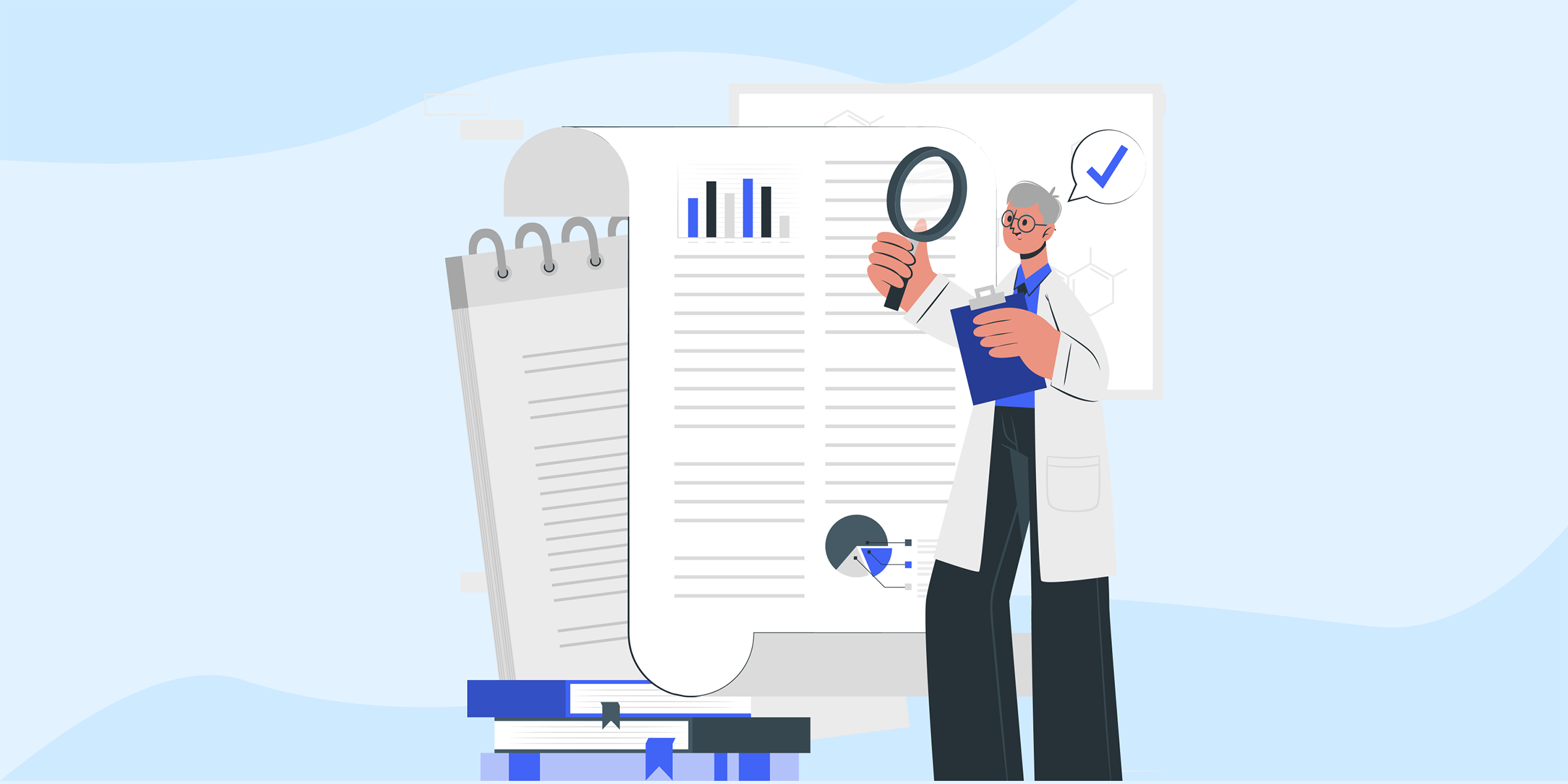Residential Proxies
Allowlisted 200M+ IPs from real ISP. Managed/obtained proxies via dashboard.

Proxies Services
Residential Proxies
Allowlisted 200M+ IPs from real ISP. Managed/obtained proxies via dashboard.
Residential (Socks5) Proxies
Over 200 million real IPs in 190+ locations,
Unlimited Residential Proxies
Unlimited use of IP and Traffic, AI Intelligent Rotating Residential Proxies
Static Residential proxies
Long-lasting dedicated proxy, non-rotating residential proxy
Dedicated Datacenter Proxies
Use stable, fast, and furious 700K+ datacenter IPs worldwide.
Mobile Proxies
Dive into a 10M+ ethically-sourced mobile lP pool with 160+ locations and 700+ ASNs.
Scrapers
Collection of public structured data from all websites
Proxies
Residential Proxies
Allowlisted 200M+ IPs from real ISP. Managed/obtained proxies via dashboard.
Starts from
$0.6/ GB
Residential (Socks5) Proxies
Over 200 million real IPs in 190+ locations,
Starts from
$0.03/ IP
Unlimited Residential Proxies
Unlimited use of IP and Traffic, AI Intelligent Rotating Residential Proxies
Starts from
$1816/ MONTH
Rotating ISP Proxies
ABCProxy's Rotating ISP Proxies guarantee long session time.
Starts from
$0.4/ GB
Static Residential proxies
Long-lasting dedicated proxy, non-rotating residential proxy
Starts from
$4.5/MONTH
Dedicated Datacenter Proxies
Use stable, fast, and furious 700K+ datacenter IPs worldwide.
Starts from
$4.5/MONTH
Mobile Proxies
Allowlisted 200M+ IPs from real ISP. Managed/obtained proxies via dashboard.
Starts from
$1.2/ GB
Scrapers
Web Unblocker
Simulate real user behavior to over-come anti-bot detection
Starts from
$1.2/GB
Serp API
Get real-time search engine data With SERP API
Starts from
$0.3/1K results
Scraping Browser
Scale scraping browsers with built-inunblocking and hosting
Starts from
$2.5/GB
Documentation
All features, parameters, and integration details, backed by code samples in every coding language.
TOOLS
Resources
Addons
ABCProxy Extension for Chrome
Free Chrome proxy manager extension that works with any proxy provider.
ABCProxy Extension for Firefox
Free Firefox proxy manager extension that works with any proxy provider.
Proxy Manager
Manage all proxies using APM interface
Proxy Checker
Free online proxy checker analyzing health, type, and country.
Proxies
AI Developmen
Acquire large-scale multimodal web data for machine learning
Sales & E-commerce
Collect pricing data on every product acrossthe web to get and maintain a competitive advantage
Threat Intelligence
Get real-time data and access multiple geo-locations around the world.
Copyright Infringement Monitoring
Find and gather all the evidence to stop copyright infringements.
Social Media for Marketing
Dominate your industry space on social media with smarter campaigns, anticipate the next big trends
Travel Fare Aggregation
Get real-time data and access multiple geo-locations around the world.
By Use Case
English
繁體中文
Русский
Indonesia
Português
Español
بالعربية

Title: The Power of Data Aggregation in Driving Informed Decisions
In the digital age, the sheer volume of data generated on a daily basis can be overwhelming. From social media interactions to online purchases, organizations are inundated with information that, if harnessed correctly, can provide invaluable insights. This is where data aggregation plays a crucial role.
Data aggregation is about collecting data from different databases, spreadsheets, or the web and then summarizing it into a single report, dataset, or view. This process is performed by data aggregators. In detail, an aggregation tool accepts heterogeneous data as input. Then, it elaborates on it to produce aggregated results. Finally, it offers features to present and explore the resulting aggregated data.
Aggregating data is particularly useful for data analysis because it allows large amounts of data to be examined at a glance. This is because one row of aggregated data can summarize hundreds, thousands, or even millions of single data records.
One of the key benefits of data aggregation is its ability to simplify complex data sets. By aggregating data, organizations can summarize large amounts of information into manageable and understandable formats, such as charts, graphs, or reports. This not only saves time and effort but also facilitates decision-making processes by presenting key information in a clear and concise manner.
Moreover, data aggregation enables organizations to identify outliers and anomalies that may indicate potential issues or opportunities. By analyzing aggregated data, businesses can detect deviations from the norm and take proactive measures to address them. This proactive approach can help organizations mitigate risks, optimize processes, and improve overall performance.
Another advantage of data aggregation is its ability to enhance forecasting and predictive analytics. By analyzing historical data trends and patterns, organizations can make more accurate predictions about future outcomes. This empowers businesses to anticipate market trends, customer behavior, and other variables, allowing them to make informed decisions and stay ahead of the competition.
Furthermore, data aggregation plays a crucial role in personalization and targeting. By aggregating data from various sources, organizations can create detailed customer profiles and segment their audience based on specific criteria. This enables businesses to tailor their products, services, and marketing efforts to meet the individual needs and preferences of their customers, ultimately driving customer satisfaction and loyalty.
Aggregated data can be applied successfully in several industries, such as:
Finance: Financial institutions aggregate data from various sources to assess the creditworthiness of their customers. For example, they use it to decide whether or not to grant a loan. Also, aggregated data is useful for studying and identifying stock market trends.
Healthcare: Medical facilities use data aggregated from health records, health tests, and lab results to make treatment decisions and improve care coordination.
Marketing: Businesses aggregate data collected from company websites and social media platforms to monitor mentions, hashtags, and engagement. This is how you can understand if a marketing campaign worked. Plus, sales and customer data is aggregated to make business decisions for upcoming marketing campaigns.
Application Monitoring: Software periodically collects and aggregates application and network data to monitor application performance, discover new bugs, and troubleshoot issues.
Big Data: Aggregating data makes it easier to analyze the data available globally and store it in a data warehouse for future use.
In conclusion, data aggregation is a powerful tool that can provide organizations with valuable insights and drive informed decision-making. By consolidating and analyzing data from multiple sources, businesses can unlock hidden patterns, trends, and opportunities that can give them a competitive edge in today's data-driven world. Embracing data aggregation as a fundamental part of business operations can lead to improved efficiency, better decision-making, and ultimately, greater success.
Featured Posts
Popular Products
Residential Proxies
Allowlisted 200M+ IPs from real ISP. Managed/obtained proxies via dashboard.
Residential (Socks5) Proxies
Over 200 million real IPs in 190+ locations,
Unlimited Residential Proxies
Use stable, fast, and furious 700K+ datacenter IPs worldwide.
Rotating ISP Proxies
ABCProxy's Rotating ISP Proxies guarantee long session time.
Residential (Socks5) Proxies
Long-lasting dedicated proxy, non-rotating residential proxy
Dedicated Datacenter Proxies
Use stable, fast, and furious 700K+ datacenter IPs worldwide.
Web Unblocker
View content as a real user with the help of ABC proxy's dynamic fingerprinting technology.
Related articles

Unleashing the Power of the Large Language Model: A Game-Changer in AI
Explore the power of Large Language Models (LLM) in our latest blog. Uncover how LLM is revolutionizing AI technology and its impact on the future. Dive into the world of advanced language processing today.

Unlocking the Power of Zoosk with ABCProxy: A Match Made in Online Dating Heaven
Explore the benefits of using Zoosk ABCProxy for secure and efficient online browsing. With Zoosk ABCProxy, enjoy enhanced privacy and protection while accessing your favorite websites. Stay safe online with Zoosk ABCProxy.

New Year Hot Deal: ABCproxy Unlimited Plan – NEW Hourly Billing As Low As $18/h
Discover the unbeatable New Year Hot Deal: ABCproxy Unlimited Plan now offers NEW Hourly Billing starting at $18/h! Experience unlimited browsing with top-notch security at an affordable rate. Upgrade your online experience today.